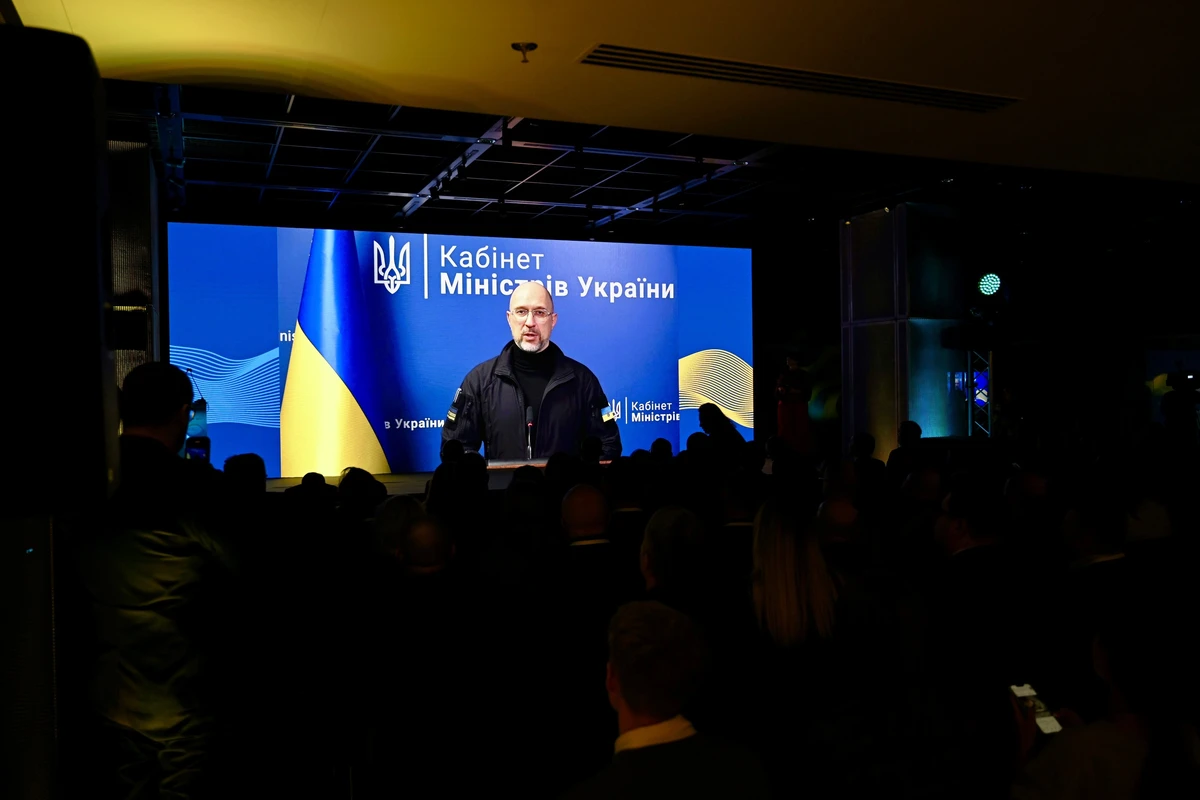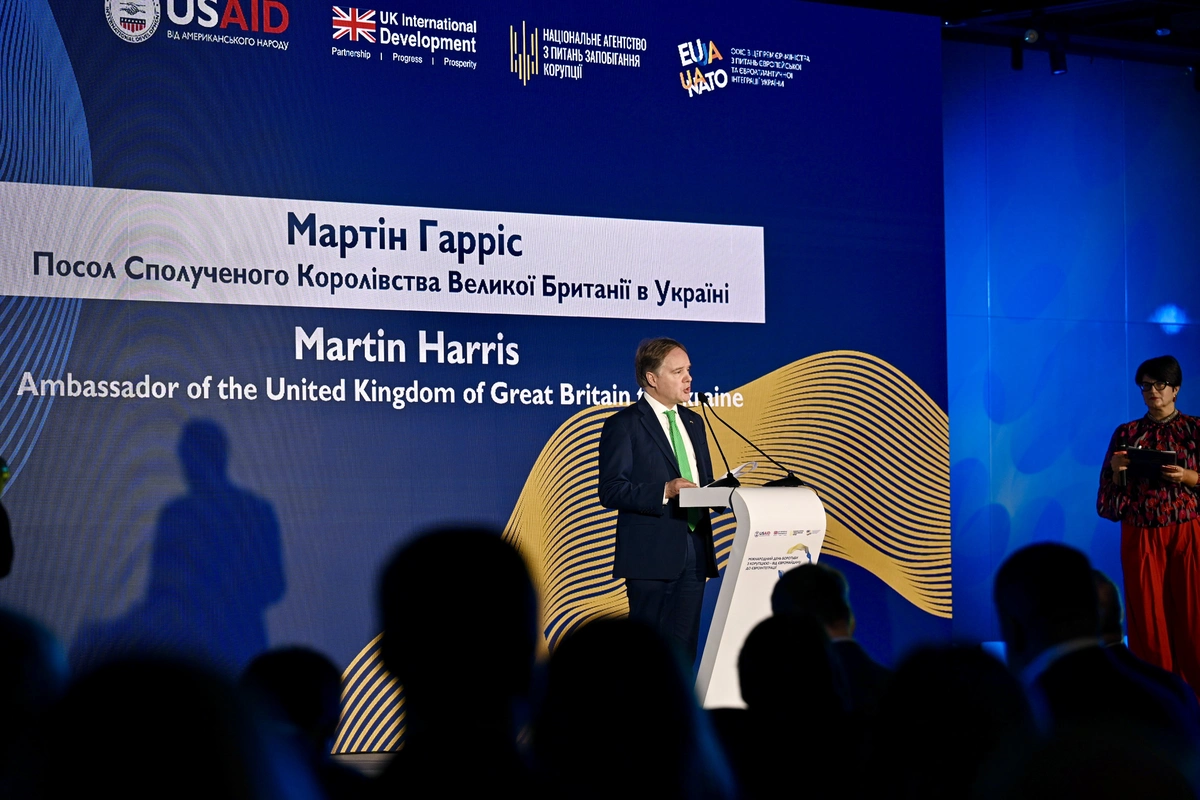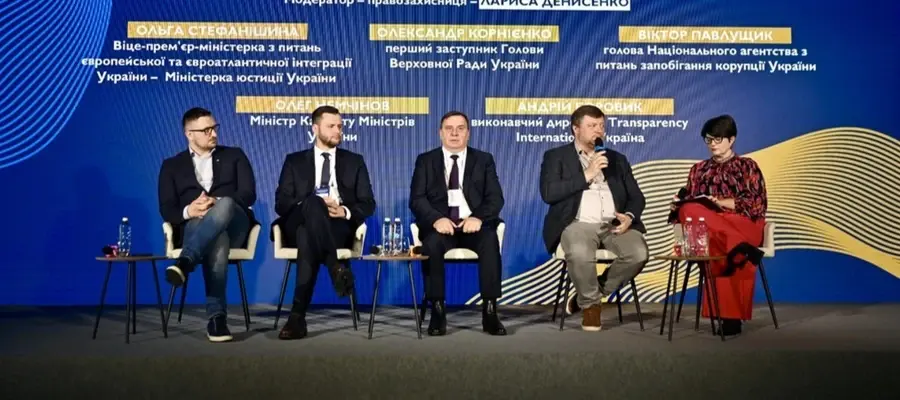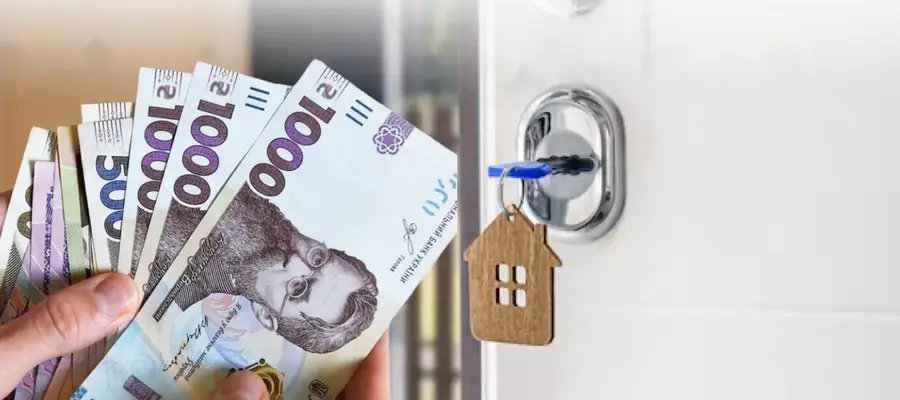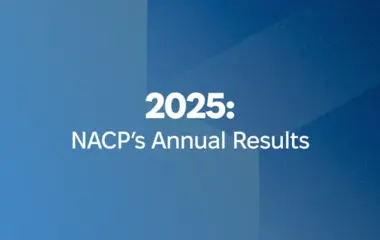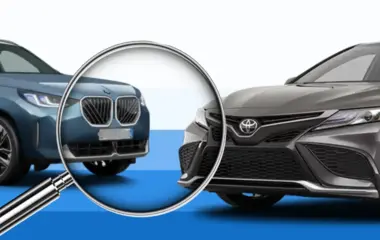Ukraine's anti-corruption infrastructure is not limited to the activities of anti-corruption agencies; it also includes bodies involved in the implementation of the State Anti-Corruption Program, an active public sector and the institution of anti-corruption commissioners.
This was emphasized by Viktor Pavlushchyk, Head of the National Agency on Corruption Prevention (NACP), during a forum dedicated to the International Anti-Corruption Day.
He noted that Ukraine's anti-corruption efforts are currently focused primarily on sectoral reforms, ensuring openness and transparency of public governance, which is important for further European integration.
"The negotiation process envisages mandatory anti-corruption mainstreaming, which aims to establish the real level of corruption and reduce it during Ukraine's accession to the EU. NACP participates in all working groups involved in the discussion of 36 negotiating chapters to ensure the identification of corruption risks and identify ways to minimize them during further negotiations. Together with the legislative and executive authorities, we hope for a positive outcome and do our best to work on anti-corruption priorities and further implement sectoral reforms to further Ukraine's progress towards the European Union,” NACP Head emphasized.

Dmytro Kalmykov, Deputy Head of the National Agency, added that Ukraine was the first country among the EU candidate countries to be presented with such profound requirements by the European Commission to implement anti-corruption initiatives in almost all negotiating chapters.
"In the negotiation framework, Ukraine should take into account the recommendations provided both by the European Commission and within the framework of monitoring mechanisms, including the OECD, GRECO, and FATF, and focus on the formation of an effective data-driven anti-corruption policy system. First of all, it is about the proper implementation of the Anti-Corruption Strategy and the State Anti-Corruption Program for 2023-2025 and the creation of a high-quality Anti-Corruption Strategy and the State Anti-Corruption Program for 2026-2030. Among the priority areas that the European Commission recommends paying attention to are security and defense, recovery, infrastructure, transport, taxes, customs, and energy. These are the areas that require sectoral reforms that will comply with EU legislation and help minimize corruption,” said Dmytro Kalmykov.
According to Serhii Hupiak, Deputy Head of NACP, in order for the strategic analysis of corruption risks to cover all areas and sectors, anti-corruption commissioners from various agencies should be involved.
"The commissioners should become effective specialists who will see corruption risks directly in each organization and suggest ways to minimize them. They should signal possible risks to the National Agency and indicate ways to solve the problem. Thus, the risks that will be identified through the joint work of the entire anti-corruption infrastructure will enable us to form a high-quality State Anti-Corruption Program for the next 5 years and use its tools to eliminate the risks identified in the negotiating chapters for joining the European Union,” said Serhii Hupiak.
The forum was also attended by Prime Minister of Ukraine Denys Shmyhal, Vice Prime Minister for European and Euro-Atlantic Integration of Ukraine - Minister of Justice of Ukraine Olha Stefanishyna, Minister of the Cabinet of Ministers of Ukraine Oleh Nemchynov, First Deputy Head of the Verkhovna Rada of Ukraine Oleksandr Kornienko, representatives of relevant ministries, government agencies, NGOs and international organizations.
The event was organized by the Promoting Integrity in the Public Sector (Pro-Integrity) project, funded jointly by USAID and UK International Development.
